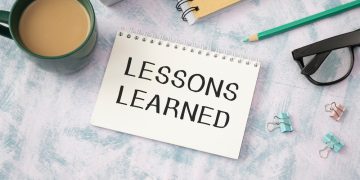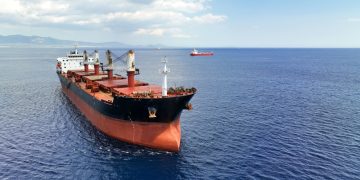The Methane Abatement in Maritime Innovation Initiative (MAMII) has issued an open letter urging the EU to implement clear regulations and ramp up investment in methane-cutting technologies.
MAMII argues these measures could position Europe as a global leader in clean shipping while boosting economic growth. According to open letter, liquefied natural gas (LNG) is the main source of methane as a fuel, with a strong potential future for bio-menthane and e-methane. While LNG is seen as an important pathway in shipping’s decarbonisation drive, unregulated methane emissions threaten to undermine its climate benefits.
MAMII warns that without immediate action, Europe risks falling behind in developing bio-methane and e-methane – two cleaner alternatives that could leverage existing ship engines and port infrastructure.
MAMII’s call to action focuses on two key areas:
Clear regulations
- The EU should set rules that drive methane reductions through both incentives and penalties. Incentives should support investment in low-methane engines and proven mitigation technologies, accounting for differences in machinery efficiency.
- Not all methane is equal – its carbon footprint depends on its source. Suppliers that cut, measure, and report emissions should be rewarded, with regulators adjusting default values to reflect real improvements.
Investment
- Europe can lead in methane abatement and measurement technology, benefiting both industry and climate goals. EU funding should focus on scaling and commercializing these solutions.
The EU has a real chance to shape the future of clean shipping. With the right policies and investment, Europe can cut methane emissions, develop new fuel markets, and create jobs in a growing industry. But if we delay, we risk falling behind as others set the standards and reap the benefits.
… said Panos Mitrou, Chair of MAMII
Launched in September 2022 by Safetytech Accelerator, MAMII brings together shipping giants, technology firms, and energy companies to advance methane measurement and mitigation. The initiative now includes more than 20 leading shipping and energy companies as anchor partners and a tech ecosystem of over 100 firms, with over half based in the EU.
To remind, the Clean Maritime Fuels Platform has urged the European Commission to include renewable and low-carbon fuels and innovative technologies needed by shipping, one of the most difficult-to-decarbonise sectors of the economy, in the scope of the upcoming Clean Industrial Deal


































































